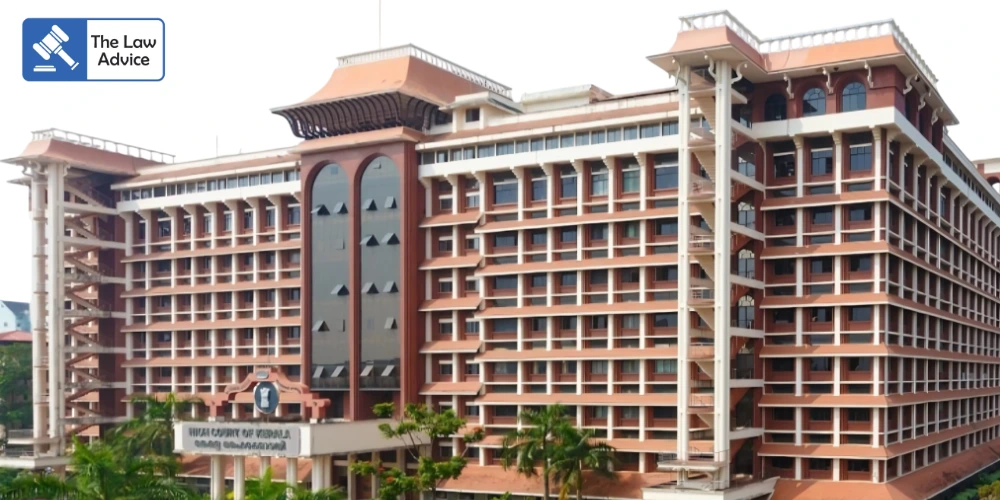
The Kerala High Court has emphatically held that the arbitrary denial of medical insurance claims by insurers amounts to a violation of the fundamental right to life under Article 21 of the Constitution of India, as it effectively denies access to essential medical treatment and healthcare.
Justice P.M. Manoj, while delivering judgment in a writ petition filed by Dr. A.M. Muraleedharan, ruled that once an insured individual undergoes treatment or surgery based on the expert medical opinion of a qualified practitioner, the insurer cannot unilaterally or arbitrarily reject or restrict the claim. Such a rejection, the Court observed, directly infringes upon the insured’s right to life and health, which includes the right to receive timely medical treatment.
“The right to medical treatment is a right identified under the umbrella of fundamental rights. Once the insured has undergone treatment or surgical procedure upon the recommendation of a competent doctor, the insurer cannot deny the claim. Rejection of such a claim amounts to denial of treatment,” the Court stated.
The petitioner had approached the Court after the Life Insurance Corporation of India (LIC) restricted and rejected his medical insurance claims despite having paid regular premiums since 2008. LIC had limited the petitioner’s first claim to ₹5,600 against an actual medical expenditure of ₹60,093 and subsequently rejected another claim of ₹1,80,000 citing a “pre-existing illness.” The petitioner contended that LIC’s action was arbitrary, unjustified, and violative of his constitutional rights.
The Court drew support from several landmark Supreme Court precedents, including Paschim Banga Khet Mazdoor Samithi v. State of West Bengal [1996 (4) SCC 37], Consumer Education and Research Centre v. Union of India [1995 (3) SCC 42], and State of Punjab v. Mohinder Singh Chawla [1997 (2) SCC 83], all of which affirm that the right to health and medical care is an integral facet of the right to life under Article 21.
“Declining the claim in respect of the treatment undergone amounts to denial of treatment itself. Thereby, there is violation of the right to life provided under Article 21 of the Constitution of India,” Justice Manoj observed, emphasizing that insurers cannot shirk their obligation under the pretext of technicalities or rigid interpretations of policy clauses.
The Court also issued a stern reminder to insurance companies, cautioning that such exploitative practices during moments of medical vulnerability defeat the very object of health insurance and erode public trust in the system. “Insurers often take undue advantage of the insured’s helplessness during medical emergencies. Such conduct defeats the very purpose of health insurance,” the Court remarked.
Reiterating the principle of utmost good faith governing insurance contracts, the Court underscored that the duty of fairness is mutual—the insurer must act with transparency, reasonableness, and empathy, especially when the insured faces a health crisis. “Insurance is a contract of utmost good faith. The duty of fairness lies equally on the insurer. These contracts are drafted by insurers and must, therefore, be construed in favour of the insured. Repudiation based on minor inaccuracies or ambiguities cannot be justified,” the Court held.
Consequently, the High Court quashed LIC’s rejection orders and directed the corporation to honour the petitioner’s claim without delay, noting that the insurance policy remained valid until March 31, 2024.
The judgment, delivered in WP(C) No. 4088 of 2017 and connected case, reaffirms the judiciary’s commitment to protecting citizens’ right to health and sends a strong message that financial or procedural technicalities cannot override fundamental rights.
Case Title: Dr. A.M. Muraleedharan v. The Senior Divisional Manager, LIC of India & Another
Case No.: WP(C) 4088/2017 and connected case
Website designed, developed and maintained by webexy